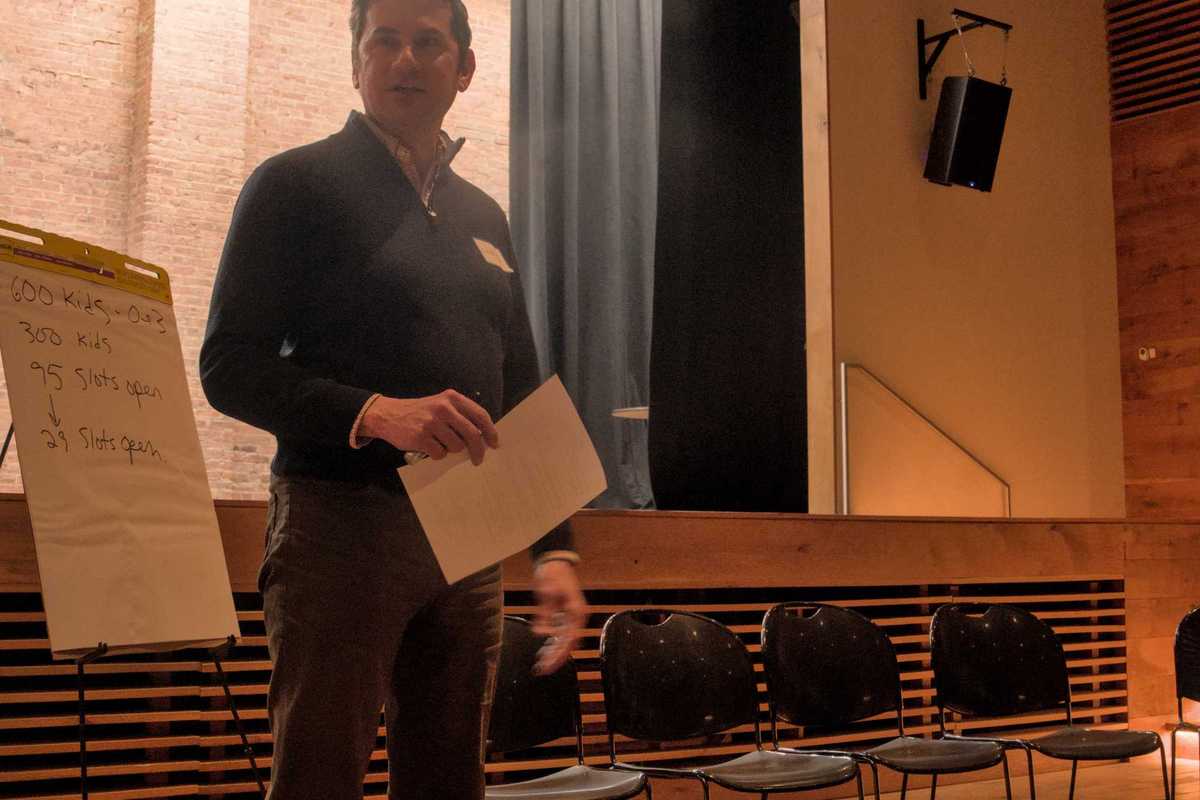Between the weather, shortage of planes, computer snafus, and pre-pandemic levels of customers, air travelers face a gauntlet of travel delays. A lack of pilots and air traffic controllers is adding to the high level of aggravation during this summer season.
The pilot shortage has been building in the aviation industry for several years. It is not confined to the U.S. Global air travel has surged in the post-pandemic era as emerging economies grow and more people can afford air travel. Airlines have expanded their fleets while extending and adding new routes to capture this spike in business.
This has led to increased demand for airline pilots just as a substantial portion of the pilot population here in the U.S. is reaching the mandatory retirement age. You can blame the Baby Boomers once again. Nearly 50% of the commercial airline workforce will retire in the next 15 years.
This year, the gap between demand and supply of pilots will be roughly 17,000 unfilled positions or 15% of the workforce.
The root cause of the scarcity of pilots comes down to two factors. The 1,500-Hour Rule, enacted in 2012 by the Federal Aviation Administration (FAA), requires first officers in the commercial airline industry, also known as co-pilots, to have a minimum of 1,500 hours of flight training time. Some say this rigorous requirement has made American skyways the safest in the world. Detractors argue that it is a major roadblock in putting more pilots in the air.
The high cost of receiving an airline transport pilot certificate, accruing hours, and flight training are other obstacles an aspiring pilot must contend with.
It costs $99,000 to become a pilot, if you are starting with zero experience. If you already have your private pilot certificate, the price drops to $82,000.
Given the present state of pilot economics, this is a big nut to swallow for a fresh-out-of-school pilot that normally begins his career at a regional carrier. These pilots receive an extremely low hourly rate (as low as $18/hour) while working long hours under grueling and stressful conditions. It makes paying back student loan debt at minimum wage practically impossible.
You may ask what happened to the assumption that airline pilots are among the highest-paid professionals in the world. It is still true, but it depends on a pilot’s career path. A pilot may spend years working toward the cockpit of a major airline and might make the cut, but there is no guarantee. His success depends on his seniority and the major airline he works for.
The present landscape of pilot shortages in a global airline market of cutthroat competition has forced major airlines to pay up for senior pilots. Recently, both Delta Airlines and American Airlines, two of the largest airlines in the world, for example, ratified an unprecedented new multi-billion-dollar contract with their pilots.
Senior captains can make almost $600,000 annually at American. It is expected that most majors will follow suit with senior captains making $500,000/year and senior first officers over $300,000 yearly.
As for the regional airlines, the growing scarcity of pilots is forcing even the cheapest of the cheap companies to reconsider their pay scale if they want to maintain their existing flight schedules. More pilots, however, only compound the understaffing issues facing the FAA on the air traffic side.
The shortage of air traffic controllers nationwide has been around for several years. This year there is an estimated shortfall of 3,000 controllers, according to the FAA. There is no quick fix since, once hired, it requires months of training and three years of on-the-job experience before certification. Many drop out long before that happens. In addition, air traffic controllers are required to retire at 56 years of age. What’s worse, the FAA hates to hire anyone over 31 since they want candidates to have at least a 25-year career path at the FAA.
This understaffing is both a negative for traffic as well as a danger to the public. This year, there have been several near misses between planes on U.S. runways in at least seven airports. In some airports, like those in the New York metropolitan area, the FAA has asked airlines to reduce summer traffic. A key radar facility there is only 54% staffed.
The shortage problem has now caught the attention of lawmakers and both the industry and its workers are looking to Congress to come up with some solutions. Two ideas to relieve the pilot shortage would be to increase the retirement age from 65 to 67 years of age. Another idea would be to change the 1,500-hour rule to allow some of these hours to be done in flight simulators.
Bill Schmick is a founding partner of Onota Partners Inc. in the Berkshires. None of his commentary is or should be considered investment advice. Email him at bill@-schmicksretiredinvestor.com.


 Local parents, child care providers and nonprofit representatives outline the challenges they face in accessing and providing childcare in rural northeast Dutchess County during a forum at the Stissing Center in Pine Plains on Wednesday, Feb. 25. Photo by Nathan Miller
Local parents, child care providers and nonprofit representatives outline the challenges they face in accessing and providing childcare in rural northeast Dutchess County during a forum at the Stissing Center in Pine Plains on Wednesday, Feb. 25. Photo by Nathan Miller 

 lakevillejournal.com
lakevillejournal.com 






 Visitors consider Norman Rockwell’s paintings on Civil Rights for Look Magazine, “New Kids in the Neighborhood” (1967) and “The Problem We All Live With” (1963.) L. Tomaino
Visitors consider Norman Rockwell’s paintings on Civil Rights for Look Magazine, “New Kids in the Neighborhood” (1967) and “The Problem We All Live With” (1963.) L. Tomaino






Airlines struggle with a pilot shortage